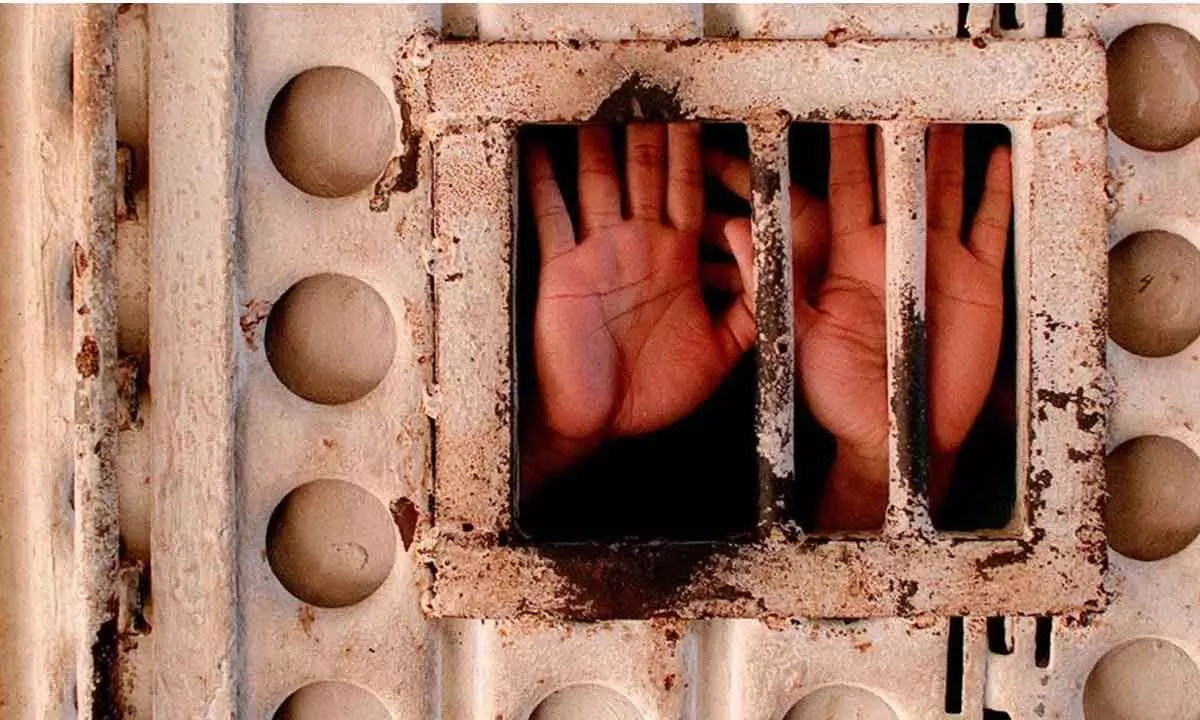Humane re-think on capital punishments

The Supreme Court has made two remarkable moves in the case of death sentences in the country by not only insisting on taking into account the mitigating circumstances while determining whether or not there is a possibility of reformation of a convict but also on the mode of death to be meted out to the convict, too.
While the Apex Court has not ruled against the death sentence itself, it has asked the Centre to consider 'easier ways of putting one to sleep' rather than the painful process of 'hanging till death.' The Court has suggested creation of an expert committee to study whether death by hanging was the most suitable and painless method of punishment. The Bench comprising Chief Justice D Y CHandrachud and Justice P S Narasimha, asked the Attorney General R Venkataramani to furnish it with details of data of whether it is the most suitable method today. The Bench said, "Mr AG, come back to us and we should have better data before us on the impact of death by hanging, pain caused and the period taken for such death to take place and availability of resources to effectuate such hanging by death. And is today's science suggesting that this is the best method today or is there another method which is more suitable to uphold human dignity." The Bench further noted that if the Central government has not done this study, then it could consider forming a committee with experts from National Law Universities, doctors from AIIMS and other distinguished people from across the country. Secondly, in case of death penalties, it is later observed in another case that the death penalty should be handed down to a convict only if there is no possibility of his or her reformation.
A bench of Chief Justice of India D Y Chandrachud and Justices Hima Kohli and P S Narasimha also stressed on the importance of taking into account the mitigating circumstances while determining whether or not there is possibility of reformation of a convict. Mitigating factors are those that may lessen the severity or culpability of a criminal act, like the background of the accused, his criminal history and conduct in jail during the period of custody/incarceration. The observations were made while commuting the death sentence awarded to one Sundarrajan, who was found guilty of kidnapping and murdering a 7-year-old boy in 2009. The Court also issued notice to a police official for filing an affidavit before the top court concealing the conduct of the petitioner in the prison. In its judgment delivered on Tuesday, the bench took into account the fact that the convict was poor, had no prior criminal record, was suffering from hypertension and had also secured a diploma in food catering while in prison.
"Neither the trial court, nor the appellate courts have looked into any factors to conclusively state that the petitioner cannot be reformed or rehabilitated.
In the present case, the Courts have reiterated the gruesome nature of crime to award the death penalty ... The state must equally place all material and circumstances on the record bearing on the probability of reform ... the court cannot be an indifferent by-stander in the process. The process and powers of the court may be utilised to ensure that such material is made available to it to form a just sentencing
decision bearing on the probability of reform."




















